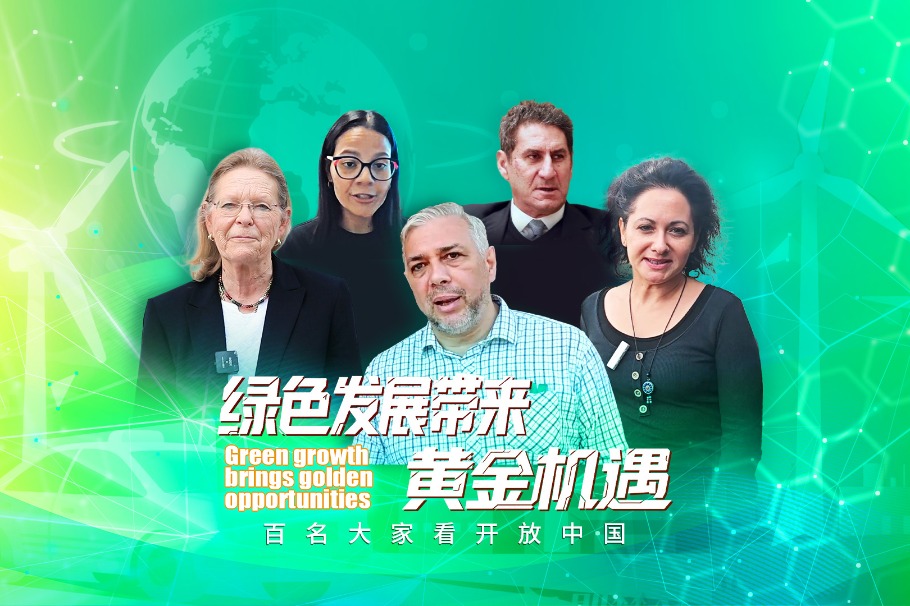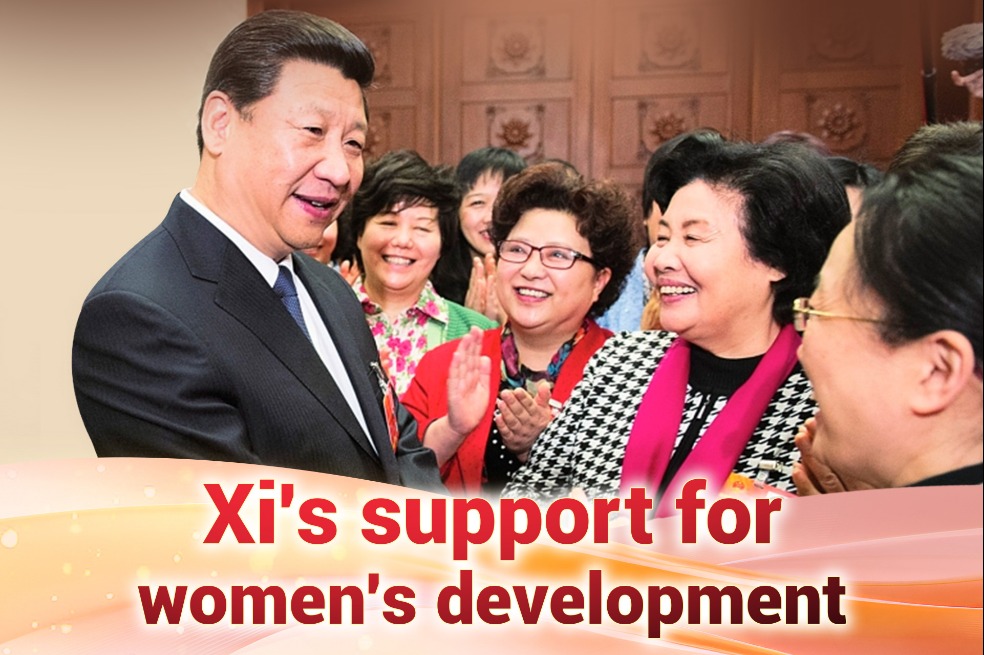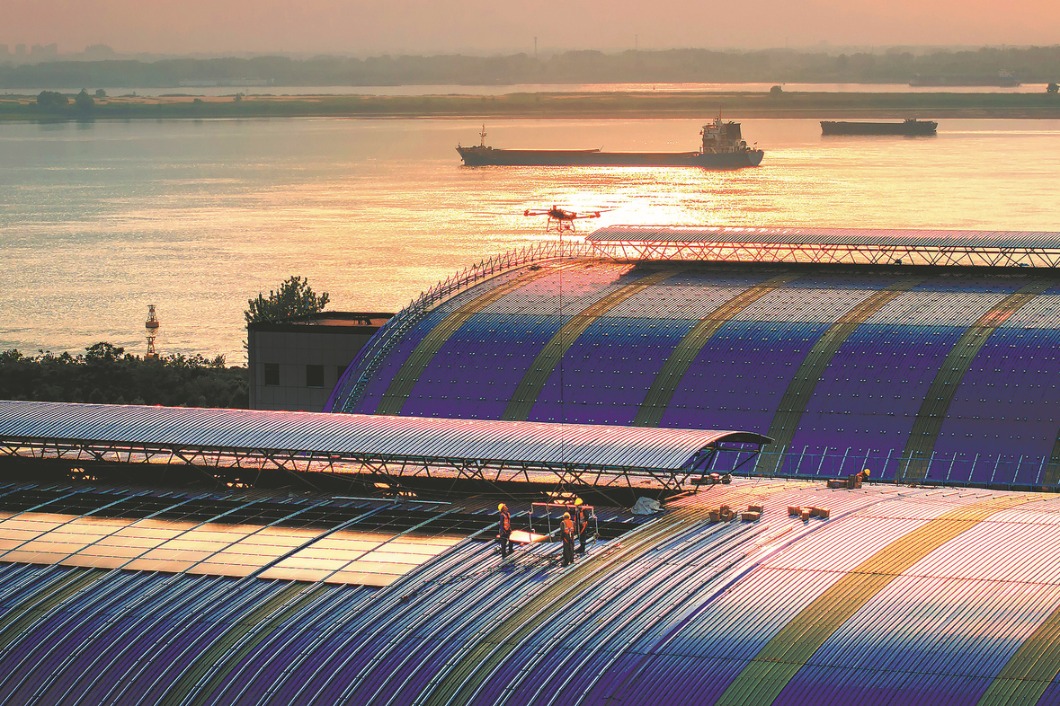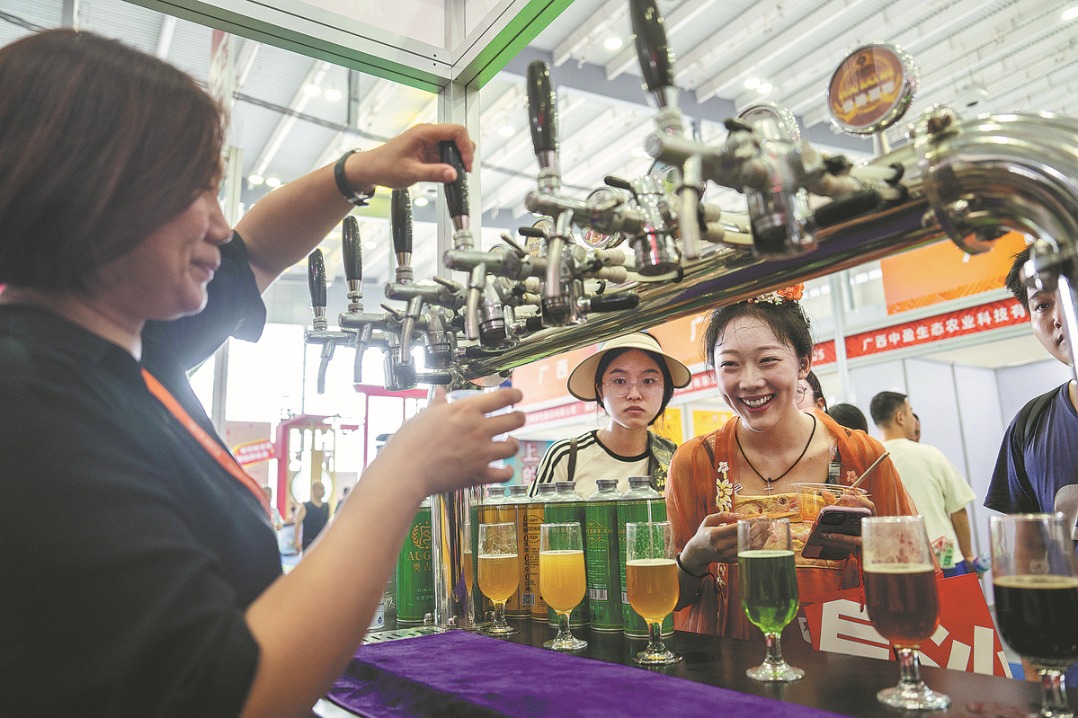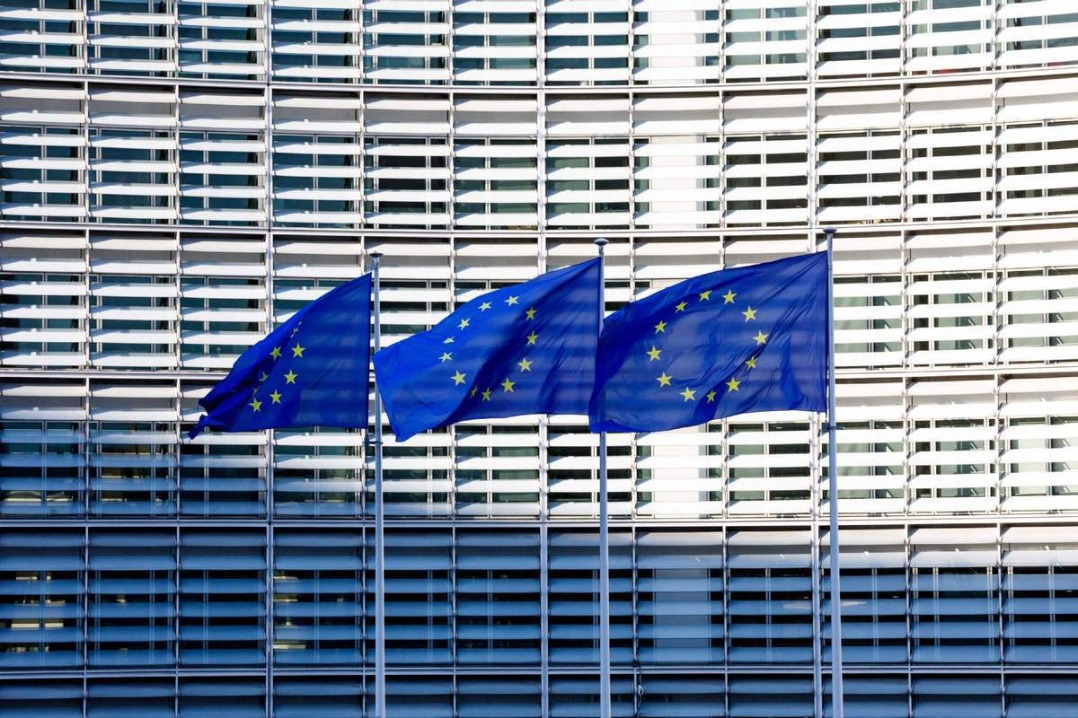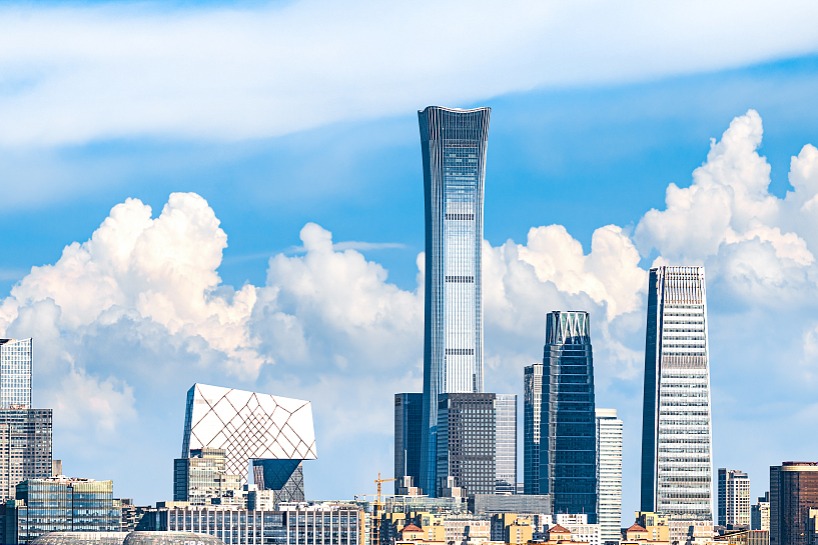Beijing a key promoter of global trade


The world economy is entering a critical phase of structural transformation. In such a situation, promoting global development through cooperation and boosting global growth through eco-friendly innovations are key to leading the world economy out of the downturn.
But factors such as geopolitical conflicts, the lingering COVID-19 pandemic, changes in the global supply chains, and the aggressive economic stimulus measures taken by major economies like the United States have increased the downward pressure on the global economy.
The International Monetary Fund and the World Trade Organization have lowered the global growth forecast to 3.2 percent for 2022, with the global trade in goods expected to increase by only 3 percent. But global trade in services shows good momentum, making up for the sluggish trade in goods to a certain extent and promoting the digital transformation of the global economy.
China's foreign trade has played a leading role in boosting global commodity and trade flows, opening up of markets, and facilitating the green, digital transformation of the global economy.
China's share of imports and exports of goods accounted for 11.9 percent and 15.1 percent of the global total in 2021, with its service trade increasing by 27.2 percent. And in the first seven months of this year, China's exports and imports reached 13.37 trillion yuan ($1.9 trillion) and 10.23 trillion yuan, up 14.7 percent and 5.3 percent respectively.
China's is an open and large market with huge consumption potential, and the country accounted for 18.1 percent of global GDP in 2021. Although the US accounted for 23.9 percent of the world's GDP, imports' share of China's GDP was 15.2 percent, compared with the US' 12.8 percent in 2021. In fact, China is set to become the world's largest consumer market with immense demand potential, as the upgrading of the consumption structure, including green and digital consumption, has promoted the development of new products and new business formats, which will help the global economy recover faster.
China promotes openness and cooperation in regional and global trade, and has accelerated the process of institutional opening-up through economic exchanges both at the domestic and international levels. Also, China has been helping implement the Regional Comprehensive Economic Partnership agreement, and has applied to join the Comprehensive and Progressive Agreement for Trans-Pacific Partnership, which show its commitment to fair and open trade.
That China has revised the Anti-Monopoly Law shows it is committed to promoting fair competition. And the fact that it has applied to join the Digital Economic Partnership Agreement demonstrates its strong desire to strengthen cooperation with Asia-Pacific countries in the field of digital economy and sustainable development.
The pandemic, ironically, has helped accelerate the digital transformation of China's industry and trade, and promoted the development of digital technologies such as big data, cloud computing and artificial intelligence, and their use in the real economy. It has already established 132 comprehensive pilot zones for cross-border e-commerce.
Thanks to its efforts over the years and innovations in e-commerce, services and management, China has built a complete industrial chain for cross-border e-commerce.
While multilateralism is necessary to boost global trade and economic growth, and digitalization and green technologies are essential to global industry chain reform, multilateral cooperation is needed to overcome challenges such as climate change, and promote green transition and digital development.
Therefore, it is important to promote global green trade by lifting tariffs on eco-friendly commodities, withdrawing subsidies for fossil fuels, strengthening ecological protection and developing energy-saving technologies.
Global cooperation should be inclusive and must take into account the interests of all parties. And to address new issues such as digital economy and digital trade, export controls, diverse labor standards, and clean energy use, countries should strengthen communication and coordination in order to devise fair market operation rules, improve efficiency, and reduce exclusionary mechanisms.
The author is a researcher at the Institute of World Economics and Politics, Chinese Academy of Social Sciences.
The views don't necessarily represent those of China Daily.
















